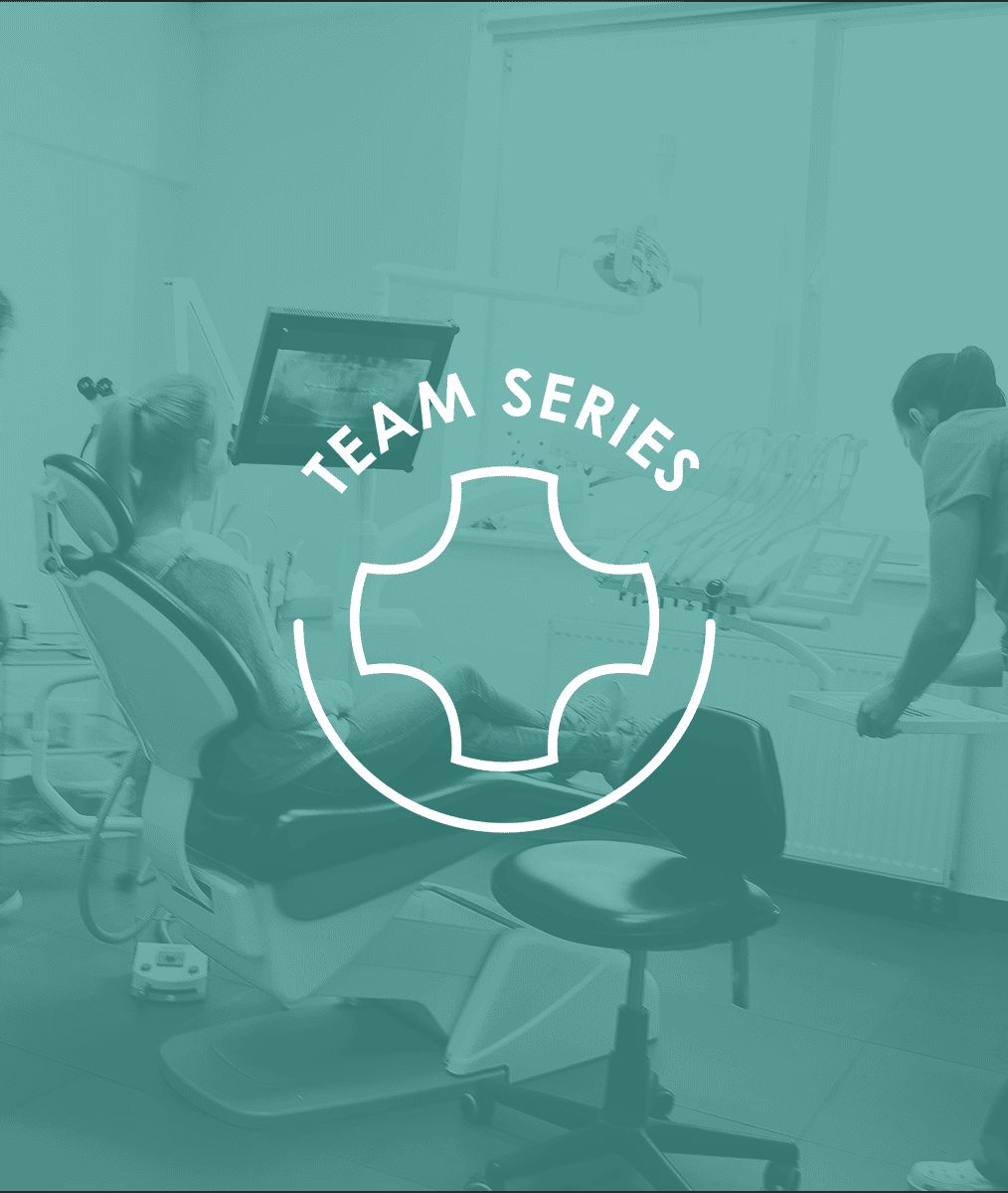
The Wonder of Relevant Examples – Part 2
One evening I was seated next to a new acquaintance at a dinner party. As we began the conversation, I learned Bob was a retired CFO of a manufacturing company with $250 million in sales. He had traveled extensively and had had many experiences in dental offices.
In our conversation, Bob discovered I was a dentist teaching at The Pankey Institute. I thought I would move the conversation off of dentistry and have the opportunity to climb into the mind of a CFO of a $250 million dollar company, so when he asked what I taught, I responded with “I teach Finance.” He looked surprised and a bit disinterested, but he said, “You know, the thing that impresses me most, about dentists, is how quickly they make decisions.”
Trying to find the compliment in the statement, he had just made and hoping he thought dentists to be of high intelligence, I queried, “Quick decisions?” He went on to tell me, and sometimes show me between bites of food, the crowns I had already noticed. He said, “It always impressed me, when I went into the dental office with a broken tooth, how the dentist would have a quick look around and then tell me I needed a crown. Sometimes he was ready to do it on the spot!”
Other things had come out in our conversation. He was an accomplished golfer with a six handicap. He had three homes, and each home had an identical set of golf clubs. All were recently updated, matched, swing-weighted custom sets. My mind was spinning as I thought about the gap between those matched sets of clubs and his unmatched set of teeth! How could I get his attention?
Doctor Pankey would often say to me, “Communicate with others by making your examples relevant to the other person’s experience or frame of reference.” The light bulb came on, and I said, “Tell me about how you made decisions as a CFO in your business.”
“Well, I take a good look at the short and long term impact of the decisions, the cost of capital necessary – both short and long term, and the risk/reward potential to the bottom line of the company.”
Now I was in full swing, “Sounds like you study the problem and/or opportunity with reflection and quite a bit of detail. You slow down and take the necessary time to uncover the best decision.”
“Well, yes, of course, they would be important decisions, and they would take time!” Bob replied.
“Quite honestly, Bob, that is exactly what I and others are attempting to teach dentists at The Pankey Institute. We are asking dentists to intentionally slow down and become more reflective, affective, and effective with their patients.” I could see he was thinking about this.
“Bob, let’s compare you and your teeth to your sets of golf clubs.” He was intently listening. “It’s as if, when you were a young man, God gave you a set of new golf clubs. We, as dentists, call them teeth. You used them through the years as you refined your golf game and in time you broke the 9-iron. You went to the pro shop and tried to get a new one. It was a 9-iron, of course, but the grip, the shaft and the swing weight were not quite the same as your original set. It was okay, because you knew how to adjust if you remembered to accommodate for the differences.
“As time went on, you had the same experience with your 7-iron, the 4-iron, the pitching wedge, and your favorite wood. In time, you were adjusting your swing and muscles every time you swung a club. You noticed there were times when certain muscles would get sore and even the soreness would get in the way of your swing chewing. Finally, you decided to get refitted with a whole new set of clubs. You went to a professional who put you through a whole series of tests and thorough evaluations to diagnose and plan the best solution, which fit your uniqueness. And, you not only got one completely new set of golf clubs, you got three.
“Many dentists would see you as a very busy man who wants to get out of the dental office with dispatch. They respond in a crisis mode to your crisis events. But, like clubs, teeth need to be customized and “matched” to work together so you aren’t constantly accommodating as teeth break and are restored. What we are encouraging dentists to do is to slow down and be as thorough as you would be in your decision making in your business. It’s better for you—actually better for all concerned.”
Bob’s face lit up, “So that’s what you teach?” “That’s what I teach,” I responded
With that “aha” smile, Bob said, “Would you be so kind as to give me your business card with the name of a dentist who thinks like you do? In fact, I’d like three – one for each of the locations of my golf clubs!”
Related Course
The Pankey Administrative Team: Inspiring front office excellence
DATE: January 9 2026 @ 8:00 am - January 10 2024 @ 2:00 pmLocation: The Pankey Institute
CE HOURS: 16
Regular Tuition: $ 2250
Single Occupancy Room with Ensuite Bath (Per Night): $ 355
Front office systems for a Pankey-trained dentist hold very specific differences compared to a typical dental office. Learning how to differentiate your practice begins and ends with the people that…
Learn More>







Rich – Keep the articles coming. They are great.